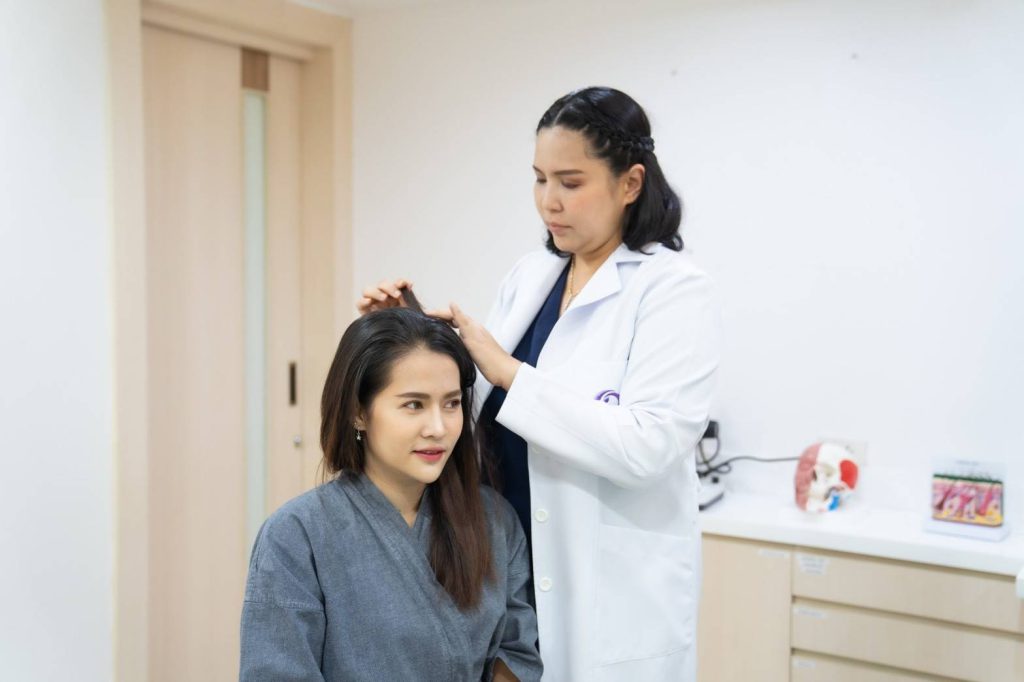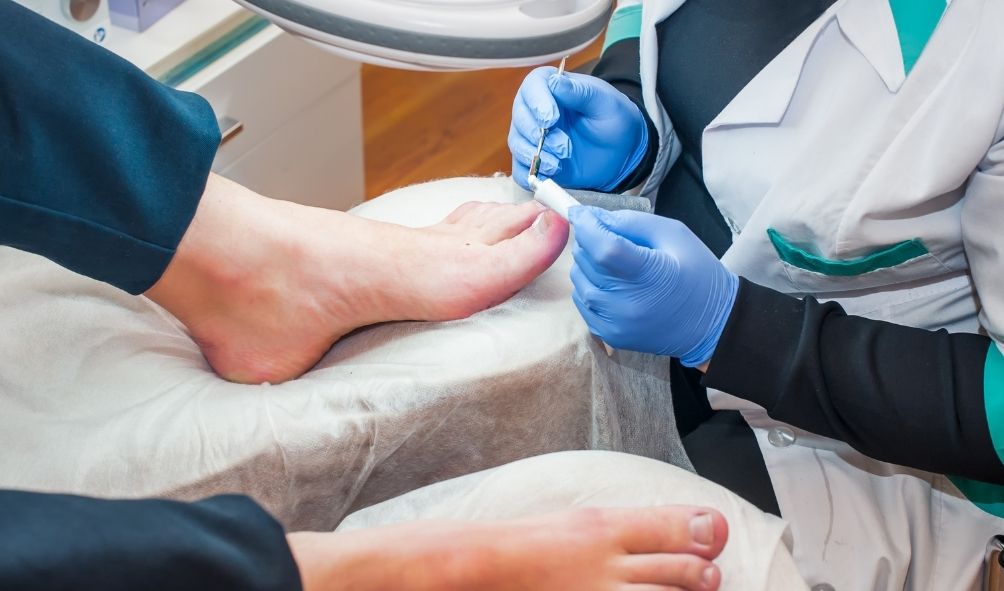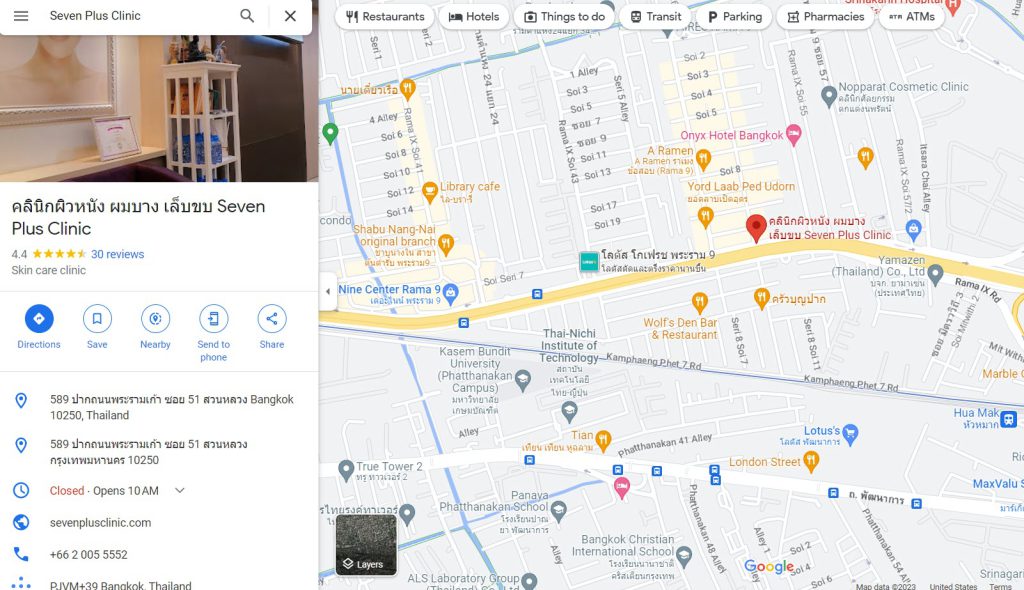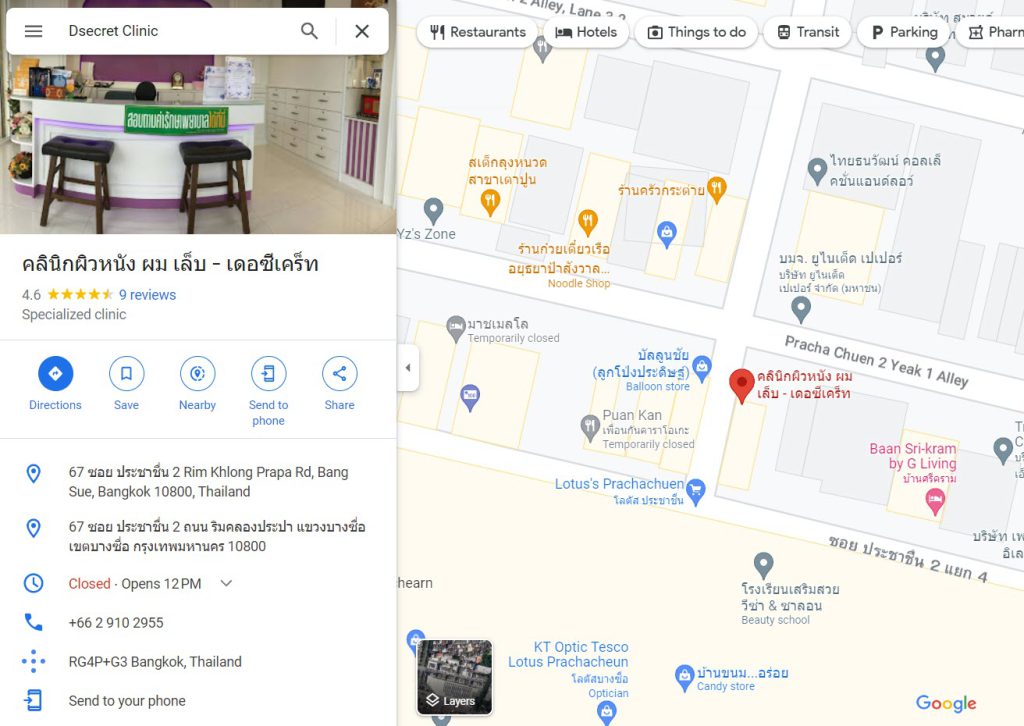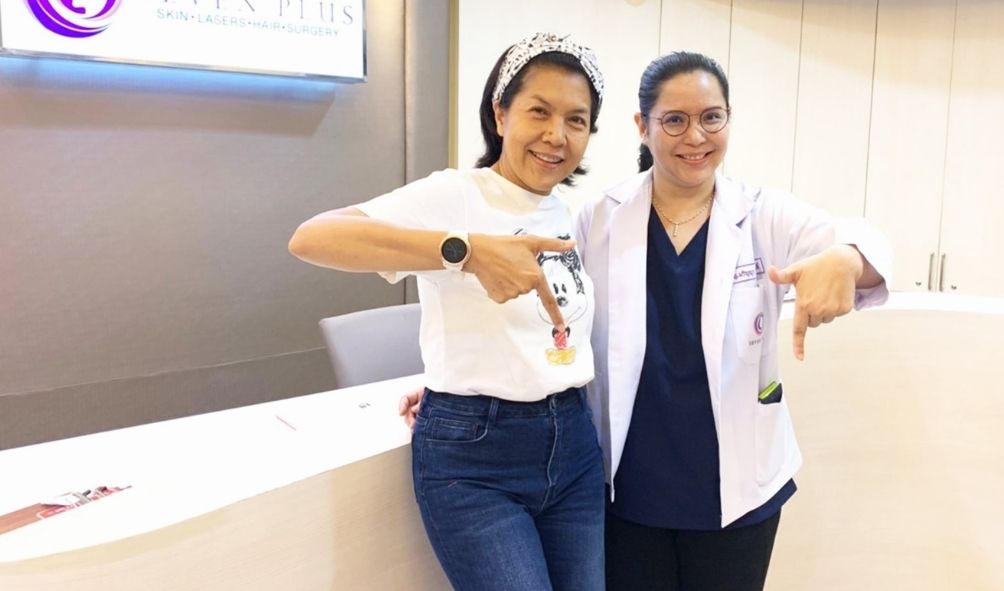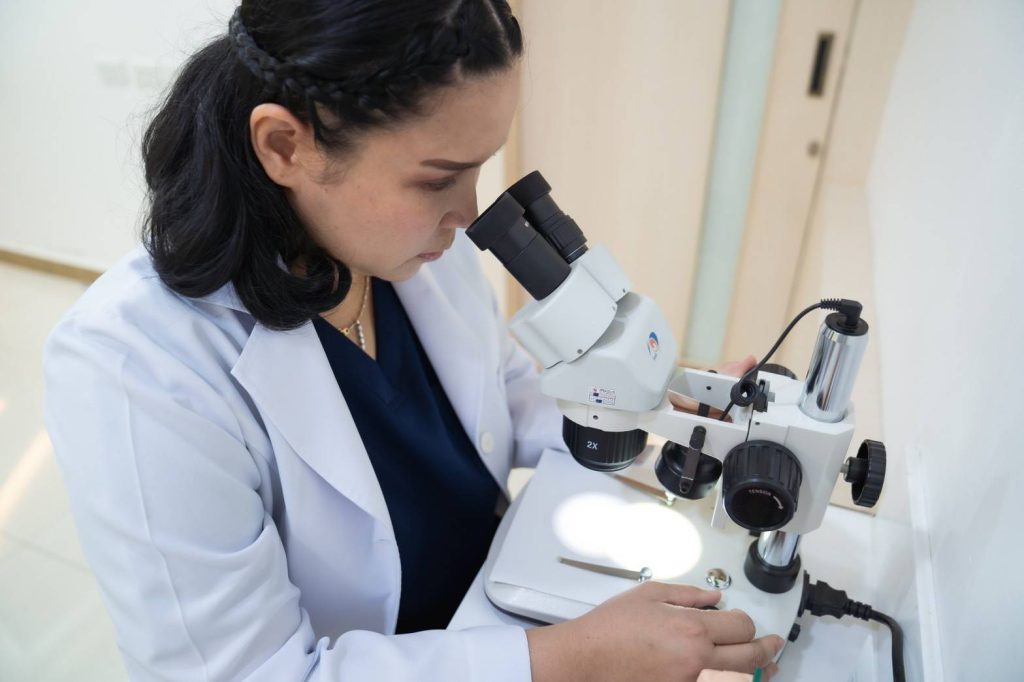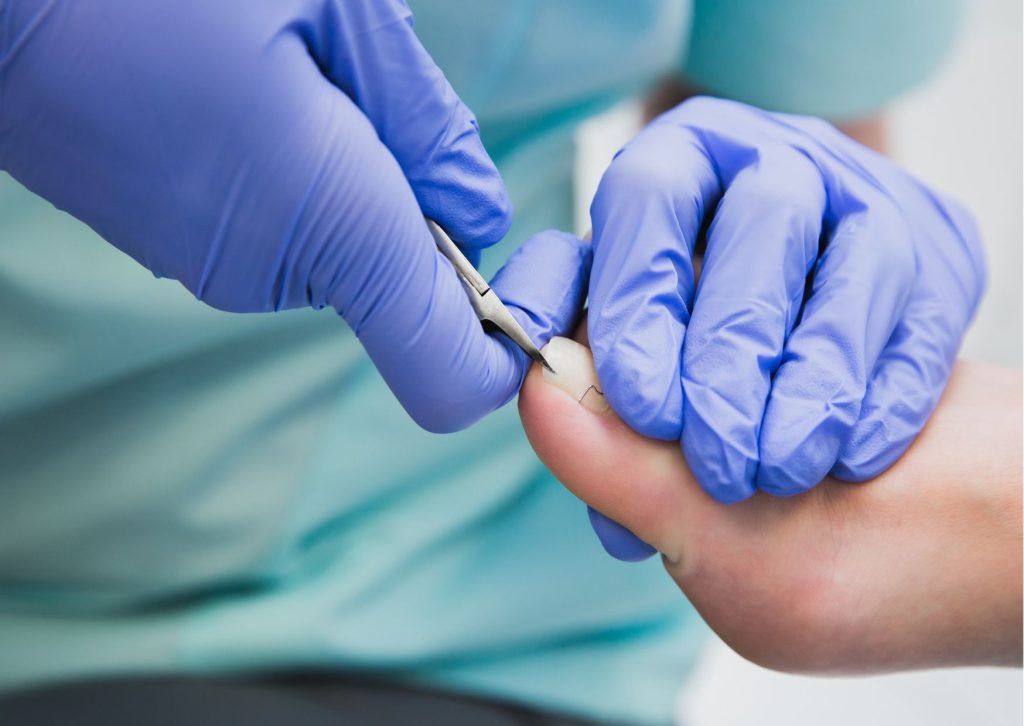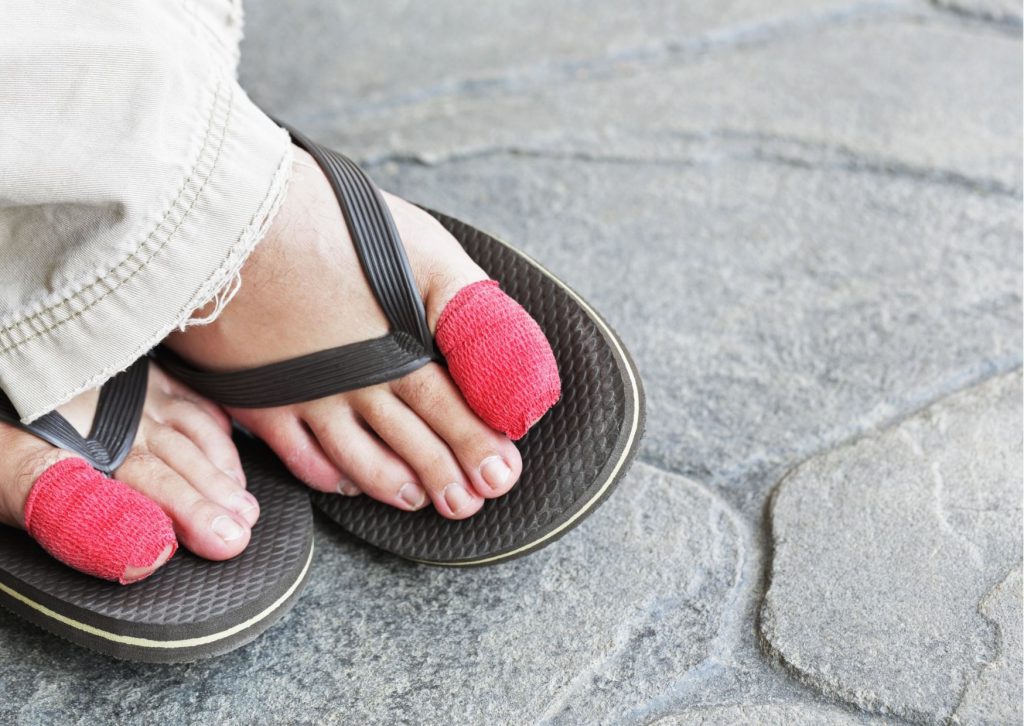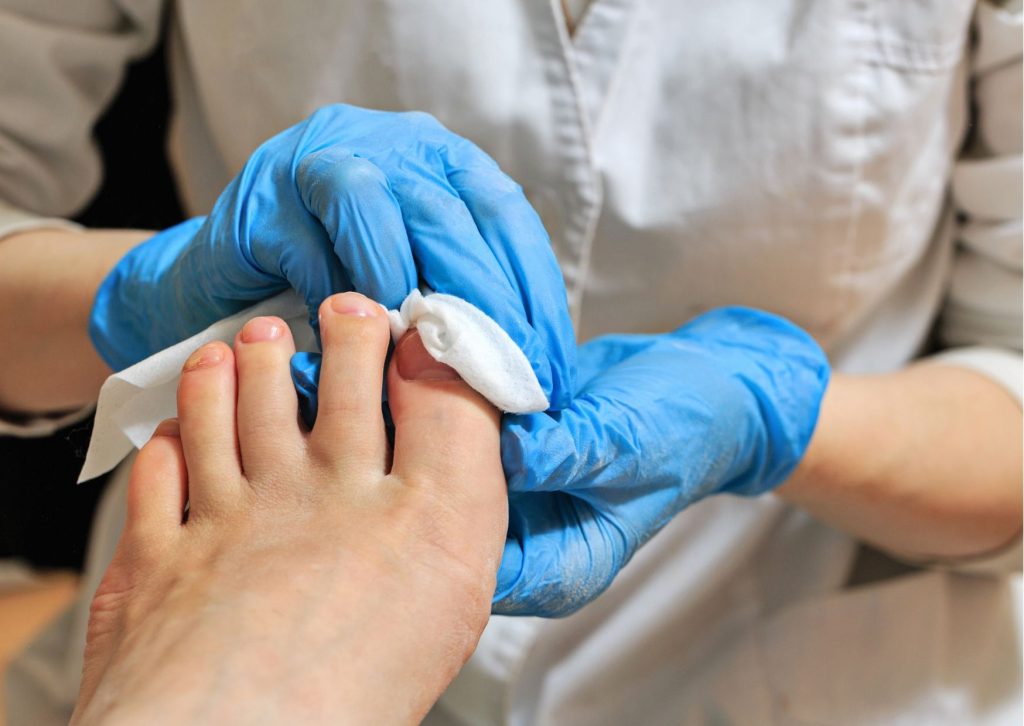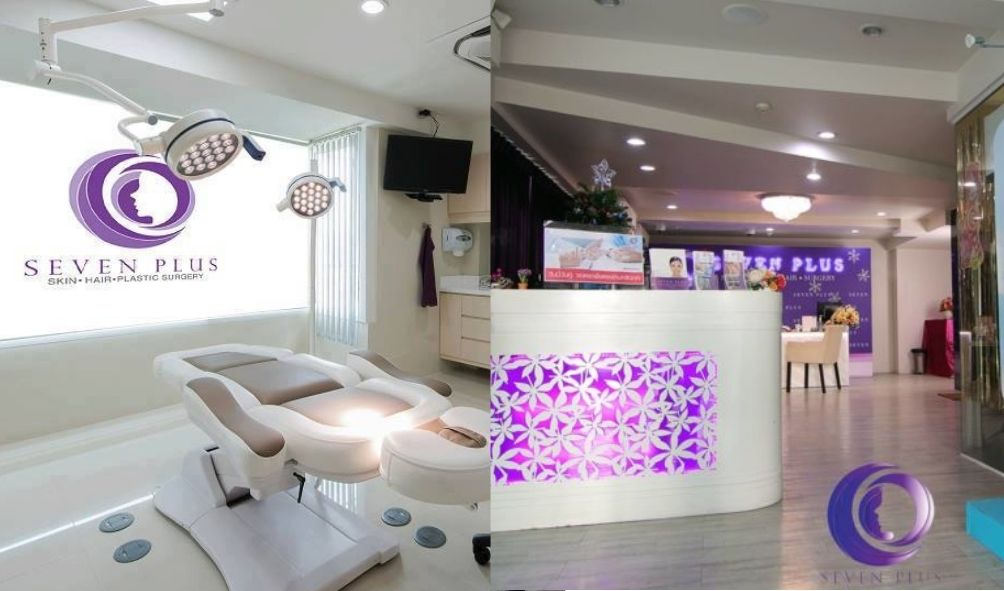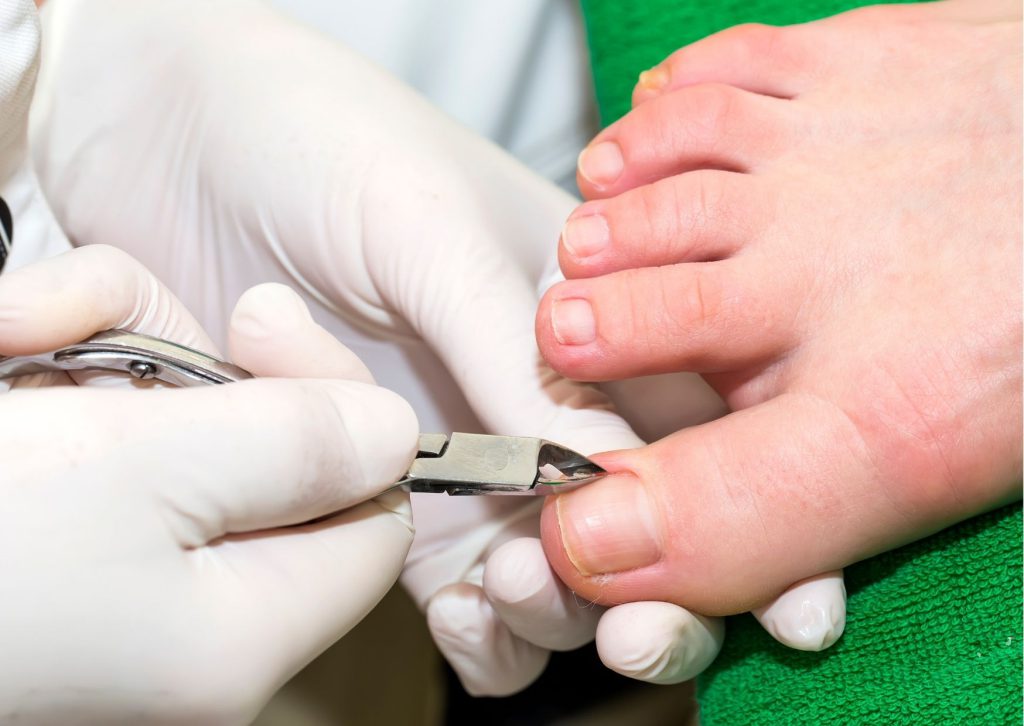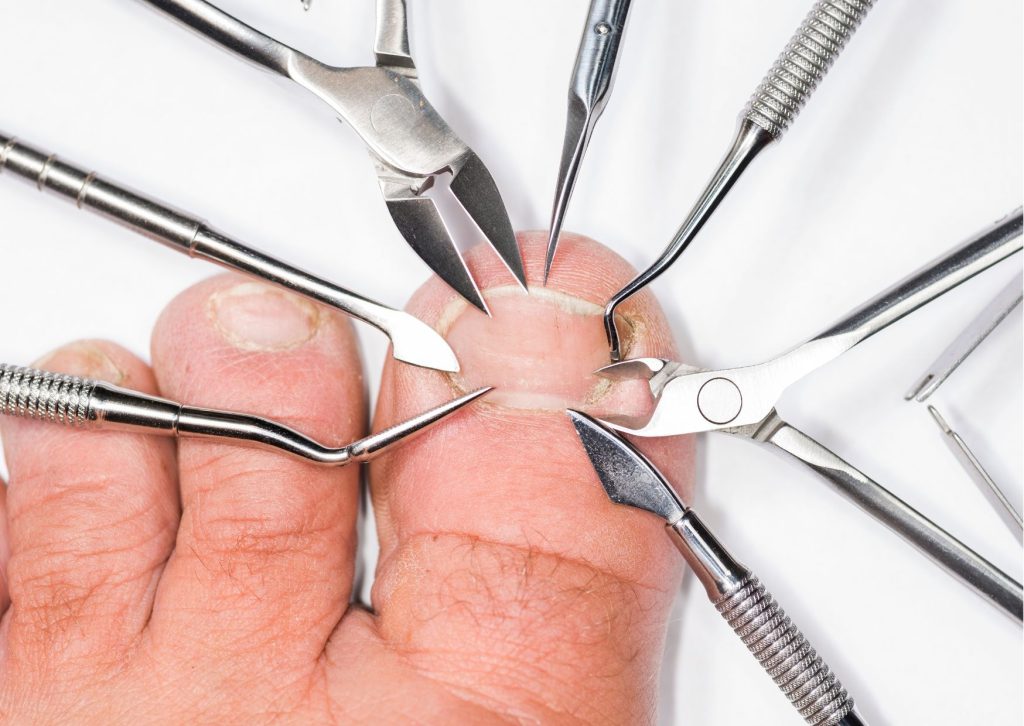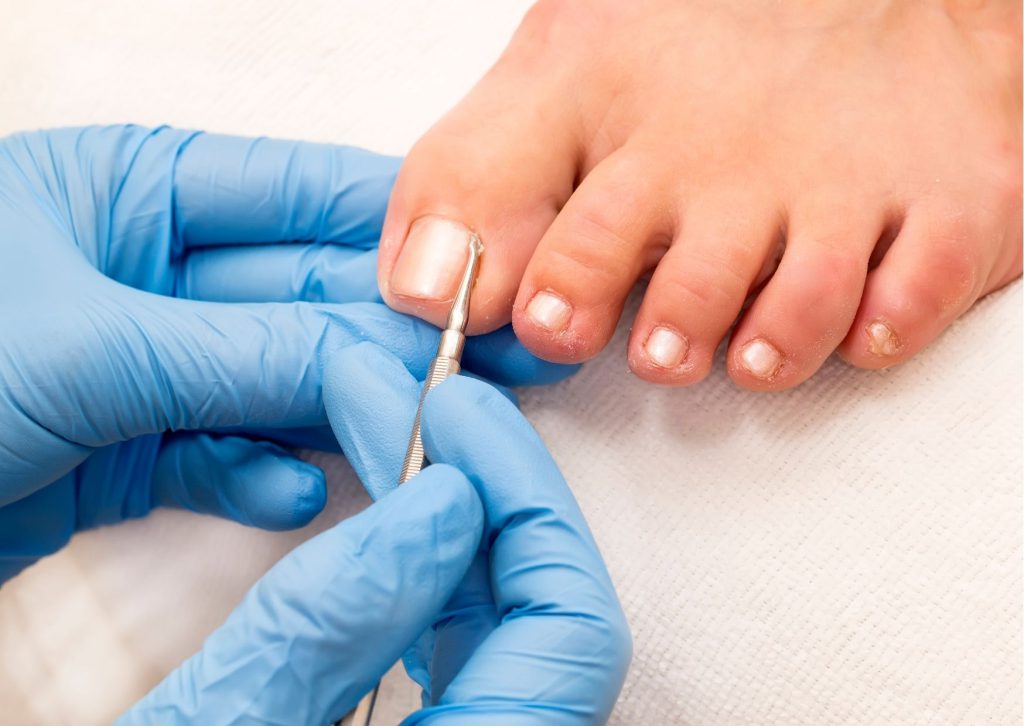Introducing the number 1 clinic for the treatment of skin diseases, hair diseases, nail diseases in Thailand
Skin disease, hair disease, nail disease – these are some of the most common health issues that people face today. They can be caused by a variety of factors, ranging from genetics and environmental factors to poor hygiene and lifestyle choices. Regardless of the cause, these conditions can have a significant impact on a person’s quality of life, causing discomfort, pain, and even social isolation. In this article, we’ll discuss the most common skin, hair, and nail diseases, their causes, symptoms, and treatment options.
Why do you need a dermatologist?
- A dermatologist can help you understand the root cause of your skin problems.
- The doctor can recommend the best treatment options for the patient.
- Recommend treatment procedures suitable for your illness.
- Many skin conditions can be difficult to diagnose and treat without the help of a dermatologist.
- Visiting a dermatologist can help you get the right diagnosis and get the best treatment.
A dermatologist is a medical professional who specializes in the diagnosis, treatment, and prevention of skin, hair, and nail conditions. While many skin conditions can be treated with over-the-counter products or home remedies, there are several reasons why you may need to see a dermatologist.
1. Persistent or severe skin conditions
If you have a skin condition that persists or is severe, such as acne, eczema, psoriasis, or rosacea, a dermatologist can help. They can provide a more accurate diagnosis and develop a treatment plan tailored to your specific needs.
2. Suspicious moles or growths
If you have moles or growths on your skin that are changing in size, shape, or color, or if they bleed or itch, you should see a dermatologist. They can assess the moles or growths and determine if they are cancerous or pre-cancerous.
3. Hair loss
If you are experiencing hair loss, a dermatologist can determine the underlying cause and recommend appropriate treatment options. They can also provide advice on how to prevent further hair loss and promote hair growth.
4.Nail problems
If you have nail problems such as fungal infections or thickening, a dermatologist can provide a proper diagnosis and recommend appropriate treatments.
Allergies and skin reactions If you have allergies or skin reactions such as hives, rashes, or contact dermatitis, a dermatologist can help determine the cause and provide treatment options to manage the symptoms.
In conclusion, a dermatologist can provide expert advice and treatment options for a variety of skin, hair, and nail conditions. If you have persistent or severe skin conditions, suspicious moles or growths, hair loss, nail problems, or allergies and skin reactions, it is important to seek the advice of a dermatologist to ensure proper diagnosis and treatment.
Dr. Marinya Pongpudpunth
Dr. Marinya Pongputpan is a medical professional who specializes in diagnosing and treating conditions related to the skin, hair and nails. A dermatologist can help you understand the root cause and provide the best treatment options. at our clinic We have a team of certified dermatologists through international standards. which has more than 20 years of experience in providing quality patient care
Education of Dr. Marinya Pongpudpunth
- Hair Restoration Training, Korea (2015)
- Thai Board of Dermatology, Ramathibodi Hospital (2013)
- Board of Dematopathology, Boston University, USA (2009)
- Master of Science in Dermatology, Boston University, USA (2006)
- Doctor of Medicine, Mahidol University (2001)
- Nail surgery training
- Laser expert training
- Hair expert training
- Boton university usa
Work experience of Dr. Marinya
Pongpudpunth
- Dermatologist Mae Fah Luang Hospital
- Dermatologist Ramathibodi Hospital
- Dermatologist, Samitivej Hospital
- Dermatologist, Bangkok Hospital
Seven plus Clinic
- Treatment of skin diseases, hair diseases, nail diseases by specialist doctors.
- Specialist doctor Experienced in the treatment for more than 20 years
- Our dermatologists are highly skilled in using techniques to treat skin diseases.
- There is a medical team to recommend treatment. appropriate to help patients have better skin health
- Our clinic uses modern medical equipment. and meet international standards
- Our goal is to provide the best treatment outcomes to our patients.
- Beauty treatments such as Botox, dermal fillers are available. and laser treatment many others
Location Seven plus Clinic
- Rama 9 Road, at the entrance of Soi 51, Bangkok
- Open daily from 10:00 -19:00 PM, closed on Tuesdays.
- Near The Nine Center Rama9
- Near Lotus, Go Fresh, Rama 9
- Location Seven plus Clinic https://g.page/SevenPlusClinic?share
D’secret Clinic
- Our clinic has been open for more than 10 years.
- If you have skin disease, hair disease, nail disease, we have a specialist doctor to give you the most suitable consultation.
- There are dermatologists and specialists. with knowledge and experience in taking care of you closely
- We use the latest techniques and technology. To provide the best care for our patients.
Location D’secret Clinic
- 67 Soi Prachachuen 2 Rim Khlong Prapa Rd, Bang Sue, Bangkok
- Open only Tuesday-Friday-Sunday
- Opening time14:00 -18:30 PM,
- Near Lotus Prachachuen
- Location Dsecret Clinic https://maps.app.goo.gl/RGGZCeZ2Zzx1L1Fm7
Seven plus Clinic and D’secret Clinic
Our clinic treats skin diseases, hair diseases, nail diseases. We are committed to providing the highest quality care for all your skin care needs. Whether you are facing chronic skin problems, hair diseases, nail diseases or want to enhance beauty. Our clinic has a team of specialist doctors. who can recommend the best treatment for you In order to help your existing problems go away. Makes you have beautiful and healthy skin. Contact us to schedule a consultation and take the first step toward a happier and healthier you.

